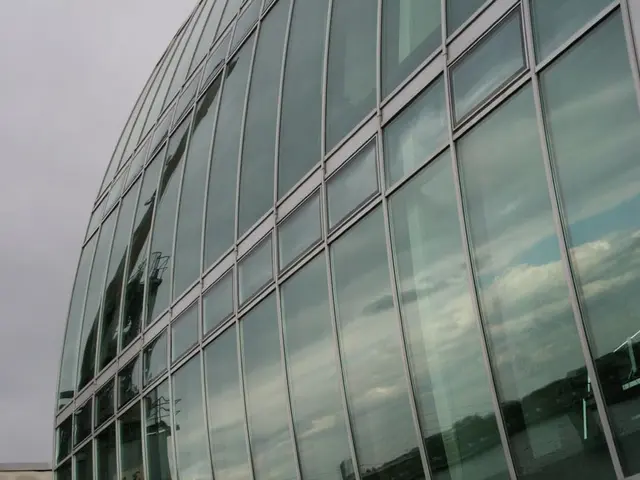Struggling internet service providers in Nigeria find hope with a $2 billion fiber initiative
Nigeria is set to commence the construction of a 90,000-kilometre national fibre optic network, Project Bridge, in late 2025. This ambitious digital infrastructure project, the country’s largest to date, aims to break the near-monopoly of mobile network operators (MNOs) over broadband infrastructure and provide fairer access to internet service providers (ISPs), thereby fostering competition and expanding fixed broadband access nationwide.
The project, which will be delivered through a Special Purpose Vehicle (SPV) under a public-private partnership (PPP) model, intends to serve both large and small ISPs by delivering scalable fibre access across core, metropolitan, and middle-mile network layers. The network design incorporates multiple regional rings and redundant routes to ensure resilience, and it is expected to improve network redundancy and reduce latency.
The primary aim of Project Bridge is to challenge the dominance of MNOs in Nigeria’s broadband market, enabling broader digital inclusion and competitive growth for ISPs. It will connect all 774 local government headquarters and extend fibre to schools, health centers, and communities. The rollout is a $2 billion effort, with the federal government having approved a $1 billion loan for the project. Additional funding is expected from international development finance institutions such as the World Bank and African Development Bank.
Importantly, 11 state governors have agreed to waive right-of-way fees, removing a significant barrier to large-scale fibre deployment. However, some analysts warn that as much of the network will focus on long-haul fibre backbone links, smaller ISPs might still face cost challenges in deploying local last-mile metro networks.
The ISP sector in Nigeria has been contracting, falling from 252 licensed operators at the end of 2023 to 234 by Q1 2025. Nearly half of these licensed ISPs are now dormant or defunct. The total fixed broadband user count dropped from about 308,000 to 289,000 during the same period. High equipment costs, rising subscription fees, inflation, and a 50% hike in telecom tariffs have pushed fixed broadband beyond the reach of many Nigerians.
Without urgent reforms and targeted support, the ISP sector risks further contraction. Affordability remains another hurdle, and Nigeria should urgently upgrade or replace its ageing NIGCOMSAT-1R satellite and ground infrastructure to improve coverage in underserved regions.
Project Bridge is described as the most ambitious and foundational digital infrastructure project in Nigeria’s history, aiming for high-speed, resilient, and equitable broadband connectivity across urban and remote areas alike. The project promises cheaper wholesale broadband capacity and infrastructure sharing to benefit smaller ISPs, contributing to a more competitive and inclusive broadband market in Nigeria.
- The $2 billion Project Bridge, a Public-Private Partnership (PPP) aiming for nationwide broadband access, is expected to receive additional funding from international development finance institutions like the World Bank and African Development Bank.
- As part of Project Bridge, the network design incorporates multiple regional rings and redundant routes, aiming to improve network redundancy and reduce latency in business and technology sectors.
- Project Bridge, aimed at breaking mobile network operators' monopoly, encourages competition in the ISP sector with its promise of cheaper wholesale broadband capacity and infrastructure sharing, potentially boosting the growth and survival of smaller investors in the digital finance landscape.








